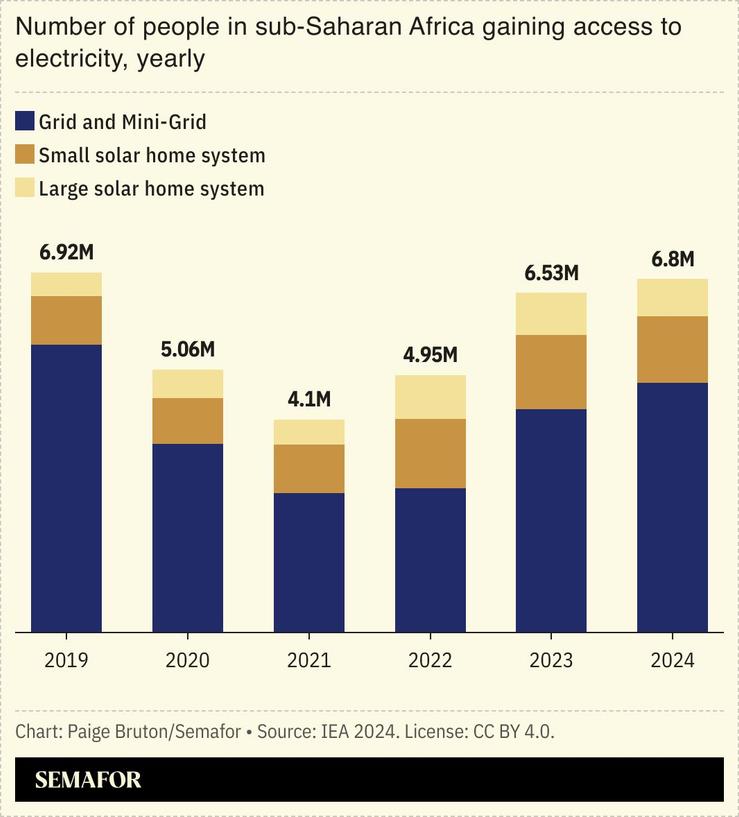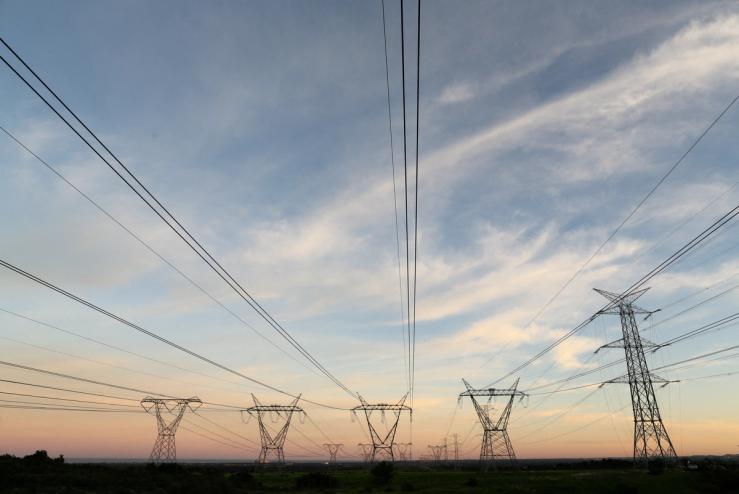Progress in expanding energy access across sub-Saharan Africa isn’t keeping pace with population growth, as financing has failed to recover to pre-pandemic levels, according to a new report.
Financing for new electricity infrastructure has only crept up by around 5% annually since 2020, according to the International Energy Agency. Less than $2.5 billion was committed in 2023, versus the estimated $15 billion needed annually to achieve universal energy access by 2035.
More than 70% of the investment committed in 2023 came from international public finance; however, progress in programs such as the World Bank’s landmark Mission300, established that year, has faltered.
Improvements hinge on the private sector, for which African governments must commit to a “series of targeted regulatory changes, as well as incorporating electrification strategies into national planning and rural development programmes,” the IEA said.



